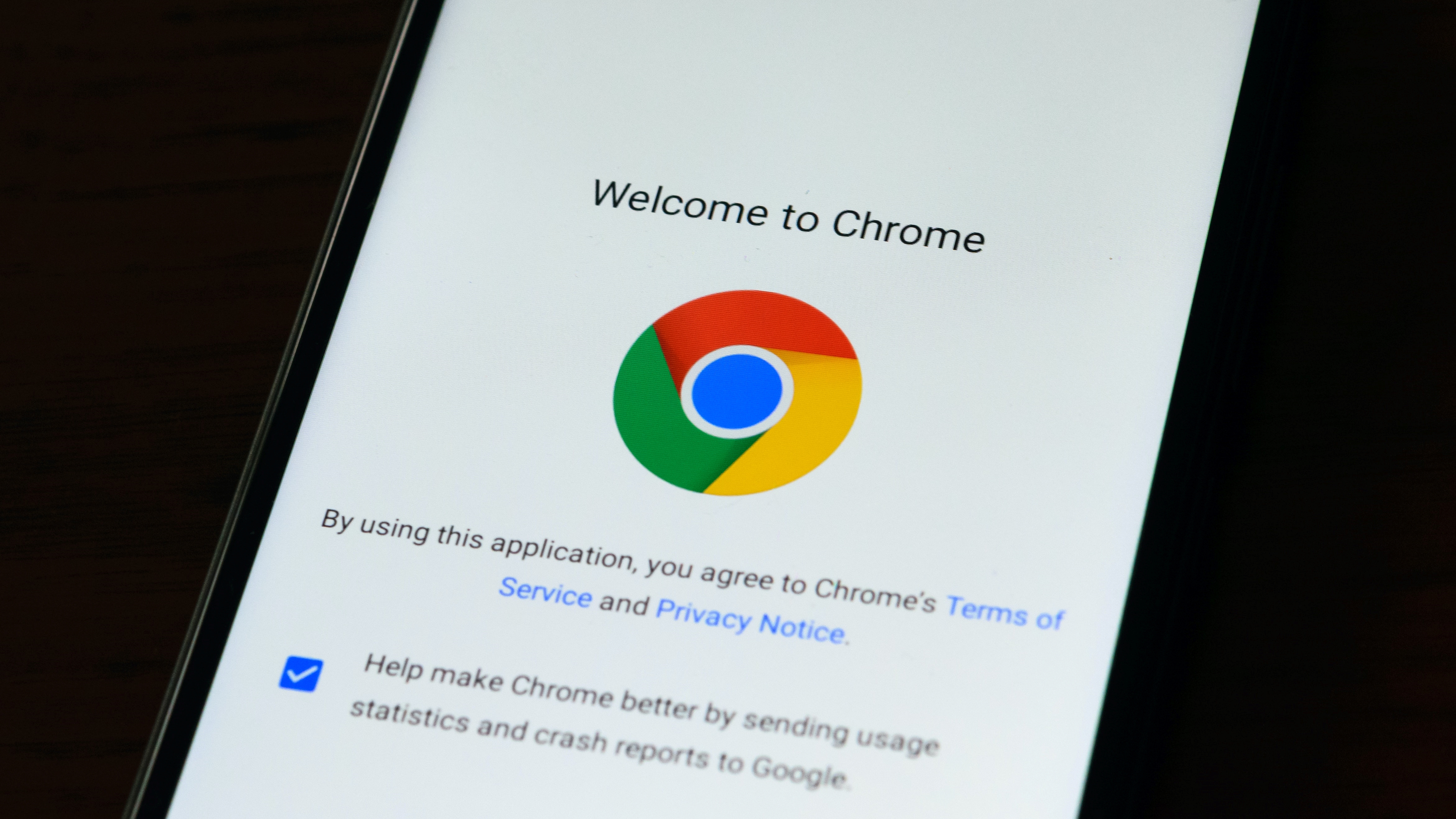Several schools and other educational organizations are having to restrict usage of Google’s software, including its Chrome browser and Chrome OS offerings over security and privacy fears.
The Dutch Ministry of Education has ordered the country’s education industry to implement the changes following over fears that Google’s software is in conflict with the General Data Protection Regulation (GDPR) and other privacy-related regulations in the country.
According to reports, these changes include a number of things, such as implementing specific Group Policies, and disabling services such as automatic website translation, or spell checks.
Protecting the Dutch
It is yet unclear if these types of services leak data to third parties outside of Europe. What’s more, the geographical location of all the data stored in Google Cloud must be set to Europe, and changing the feature must be restricted. Also, all ad personalization needs to be turned off, YouTube embedding must be used with “privacy-enhanced more”, and users need to avoid Google’s search engine completely.
The move came about after the country’s education minister, together with the minister of primary and secondary education, sent a letter to the Dutch parliament, talking about a couple of data and privacy issues.
In the letter, it was said that the ministers discussed these issues with the representatives of Google, Microsoft, and Zoom, and that these companies assured the ministers that their future versions will be more transparent, and more compatible, with the country’s (and the EU bloc’s) privacy and data protection laws.
Google, specifically, said new versions of its OS and browsers would be released next year. Until then, schools and education institutions are to adhere to the abovementioned orders. When Google releases the new versions, they will be evaluated, and next recommendations given.
Via: BleepingComputer (opens in new tab)





